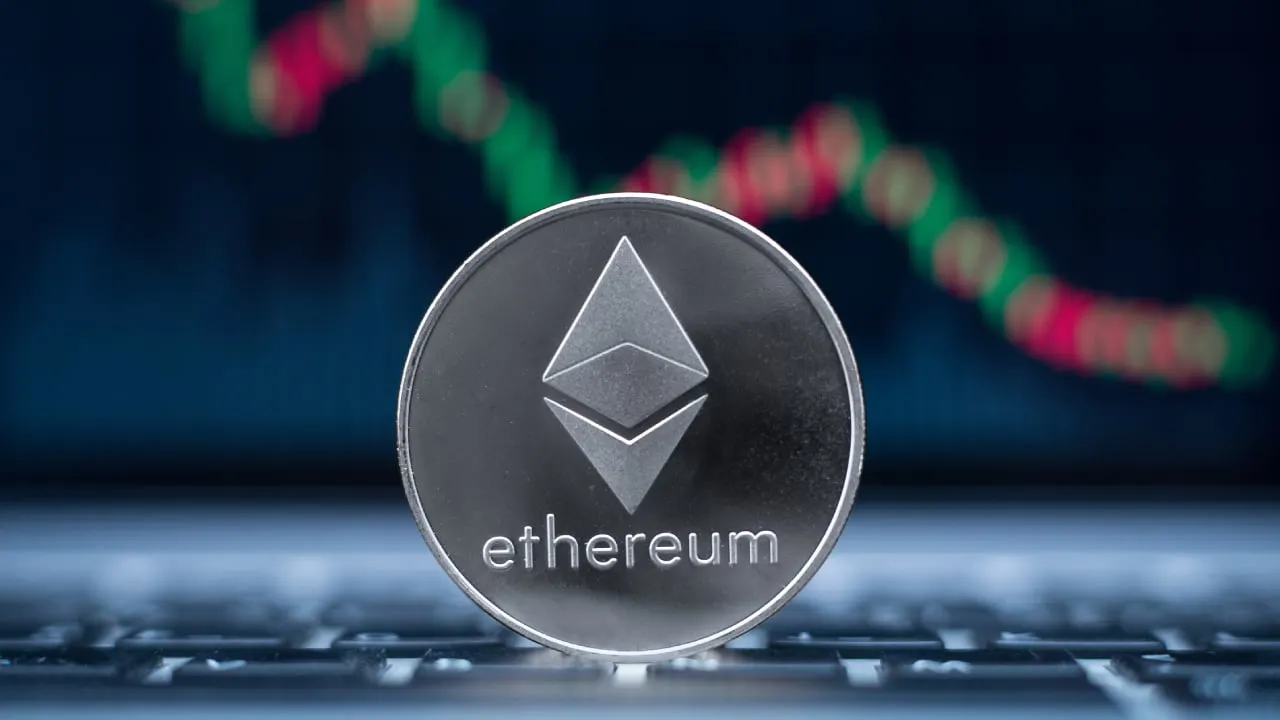As the cryptocurrency market eagerly anticipates the launch of Ethereum exchange-traded funds (ETFs), demand may not be as strong as many analysts have predicted, according to algorithmic trading firm Wintermute.
The expected introduction of Ethereum ETFs comes six months after the successful introduction of Spot Bitcoin ETFs, which amassed an impressive $13.8 billion in their first 100 trading days.
While the imminent launch of Ether ETFs on July 23 has generated significant interest, market experts are divided on their potential performance.
“Analysts hold varying views on Ethereum ETFs, with most estimates putting year-one annualized flows in the $4.8-$6.4 billion range," a new report by Wintermute stated.
The firm's own analysis, however, suggests a more conservative outlook.
"Our view is the ETFs will likely see lower-than-anticipated demand, closer to $3.2 to $4 billion," the report states. With a “baseline expectation” that Ethereum ETFs will see 15% to 20% of the flow observed for Bitcoin ETFs, Wintermute forecasts a price increase of 18% to 24%.
That is lower than some analysts project, with one recently predicting that the price of ETH will hit $5,000 following the launch of Ethereum ETFs, a 50% increase.
The report attributes this less optimistic forecast to two key factors. First, "the absence of a staking mechanism diminishing Ethereum's appeal as an ETF vehicle."
The inability to stake Ethereum within these ETFs could make them less attractive to yield-seeking investors who might otherwise be drawn to the potential returns offered by direct Ethereum holdings, the firm said.
Secondly, the report cites "the lack of a shared narrative to attract investors" as a potential hurdle for Ether ETFs.
Unlike Bitcoin, which has successfully tapped into the "digital gold" narrative, Ethereum's more complex ecosystem and diverse applications may make it challenging to present a unified investment thesis to potential ETF buyers, Wintermute said—noting that Ethereum's flexibility could still appeal to some.
”Within the ecosystem, Ether operates not only as a digital currency but also as a robust platform for decentralized applications (dApps) and smart contracts,” the report said. “This dual functionality has the potential to attract investors who are keen on technological innovations and the diverse applications of blockchain technology.”
Edited by Ryan Ozawa.

